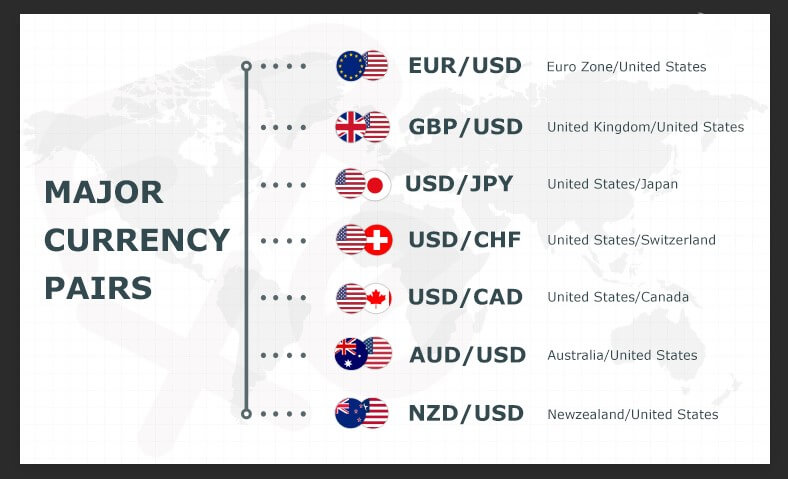Introduction
In today’s interconnected world, traveling abroad has become more accessible than ever before. However, with this convenience comes the challenge of managing your finances seamlessly in foreign countries. Among the various options available, forex cards and currency notes have emerged as popular choices, each offering its unique set of advantages and drawbacks. In this comprehensive guide, we will delve into a detailed comparison of forex cards vs. currency notes to empower travelers with the knowledge they need to make informed decisions.

Image: in.pinterest.com
Forex Cards: Unlocking Convenience and Security
Forex cards, also known as prepaid travel cards, are a convenient and secure way to carry and manage funds abroad. These cards are loaded with a specific amount of currency, which can be used to make payments or withdraw cash from ATMs. They are widely accepted at millions of merchants and ATMs worldwide, providing travelers with a hassle-free experience. Moreover, forex cards offer excellent security features, including chip and PIN technology, fraud protection, and the ability to lock or cancel the card in case of emergencies.
Benefits of Forex Cards:
- Convenience: Forex cards eliminate the need to carry large amounts of cash or exchange currency multiple times, reducing the risk of loss or theft.
- Competitive Exchange Rates: Forex cards often offer competitive exchange rates compared to currency exchanges at airports or hotels.
- Security: Chip and PIN technology and fraud protection measures provide enhanced security, minimizing the risk of unauthorized transactions.
- Easy to Use: Forex cards can be used just like regular credit or debit cards, making them convenient and accessible.
- Wide Acceptance: Forex cards are widely accepted at merchants and ATMs around the world, providing flexibility and convenience.
Currency Notes: A Tangible Tradition with Challenges
Currency notes, or cash, have been a traditional form of payment for centuries. Many travelers still rely on currency notes as they offer a sense of tangible control over their finances. Cash also allows for quick and anonymous transactions in certain situations, making it a convenient option in some instances. However, carrying large amounts of cash can be risky and exposes travelers to the potential for theft or loss. Additionally, exchanging currency at airports or tourist destinations often involves unfavorable exchange rates, impacting the overall cost of the trip.

Image: www.forex.academy
Challenges of Currency Notes:
- Security Concerns: Carrying large amounts of cash can increase the risk of theft or loss, potentially compromising the safety of travelers.
- Unfavorable Exchange Rates: Currency exchanges at airports or tourist destinations typically offer lower exchange rates compared to banks or specialized currency exchange services.
- Inconvenience: Currency notes can be bulky and challenging to carry, especially when traveling for an extended period or visiting multiple countries.
- Limited Acceptance: While cash is widely accepted, certain establishments, such as online stores or luxury retailers, may prefer electronic payment options.
Choosing the Right Option: Forex Card vs. Currency Notes
The choice between a forex card and currency notes ultimately depends on individual preferences and travel circumstances. For travelers prioritizing convenience, security, and favorable exchange rates, a forex card is generally the preferred choice. Forex cards provide a secure and effortless way to manage finances abroad, eliminating the need to carry large amounts of cash. On the other hand, currency notes may be a more suitable option for travelers who value tangible control over their finances and prefer the anonymity of cash transactions.
To make the best decision, consider the following factors:
- Duration and Destination: If traveling for an extended period or to multiple countries, a forex card offers greater convenience and security.
- Security Concerns: Forex cards provide enhanced security measures, reducing the risk of theft or unauthorized transactions.
- Exchange Rates: Forex cards often offer competitive exchange rates, while currency exchanges at airports or tourist destinations may be less favorable.
- Personal Preferences: Ultimately, the choice between a forex card and currency notes depends on personal preferences and comfort levels.
Forex Card Vs Currency Notes
Conclusion
Forex cards and currency notes represent different approaches to managing finances when traveling abroad. Forex cards provide a convenient, secure, and cost-effective solution, while currency notes offer a sense of tangible control and anonymity. By carefully considering the factors discussed in this guide, travelers can make an informed decision that best suits their individual needs and travel plans. Whether opting for the ease and security of a forex card or the familiarity of currency notes, the ultimate goal is to ensure a seamless and enjoyable travel experience.






